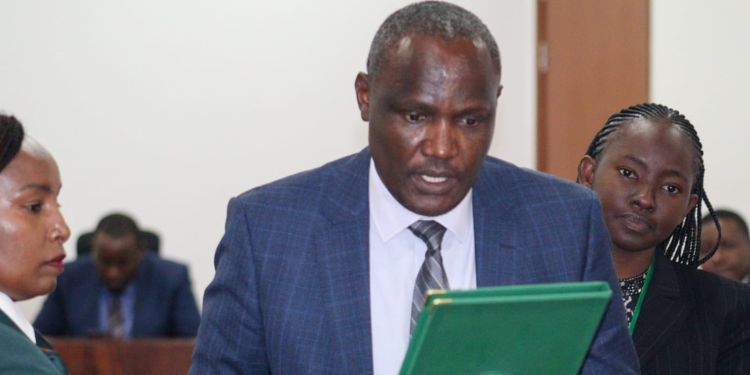Cabinet Secretary for National Treasury and Economic Planning, John Mbadi, firmly defended the implementation of the Digital Procurement System (E-Procurement) following an intense grilling by Members of Parliament.
Lawmakers raised concerns on September 19 over the system’s rapid rollout, arguing that it could disrupt procurement processes if not properly phased and if officers were inadequately trained.
“Members of the Select Committee on Implementation are advocating for a phased rollout of the Electronic Government Procurement System (E-GPS) by the National Treasury to prevent a potential crisis,” read part of the parliament statement.
During the session with the Select Committee on Implementation, MPs emphasised the need for both manual and electronic procurement systems to operate concurrently while the government builds nationwide user capacity.
Committee Chairperson, Hon. Raphael Wanjala, questioned why the Treasury had not introduced new regulations or amended the Public Procurement and Asset Disposal Act, 2015, to anchor the system legally.
“Why can’t the National Treasury introduce new regulations or seek to amend the existing procurement law to properly anchor the system in law?” Wanjala asked.
Phased Rollout Concerns
Lawmakers, including Mark Mwenje, a committee member, challenged the government’s insistence on exclusive E-Procurement usage, noting that the law allows both manual and electronic processes.
Kiminini member of parliament Kakai Bisau, attending as a “friend of the Committee,” urged a phased rollout to ensure procurement officers are adequately trained and to avoid stalling government projects.
CS Mbadi defended the initiative as “an effective tool against corruption”, noting that over 14,000 officers have been trained, 1,379 procuring entities registered, and 10,000 suppliers integrated into the platform.
Also Read: Mbadi and Oparanya Face Arrest
He added that manual procurement is outdated, prone to abuse, and promotes wastage of public funds.
Mbadi Assures Commitment to Transparency
“We have not invented a new law. We are implementing the available law. When the law gives you either/or, you choose the best,” CS Mbadi stated.
He reminded MPs that he had committed during his approval hearings to introduce reforms aimed at fighting corruption and improving accountability in public resource management.
The session followed directives from the Speaker of the National Assembly, Moses Wetang’ula, to follow up on a House resolution annulling a Public Procurement Regulatory Authority circular mandating E-Procurement.
CS Mbadi clarified that other government directives issued in April and June 2025 remain in force.
Exemptions and Safeguards
The CS assured lawmakers that procurements delayed from the 2024/2025 Financial Year, including NG-CDF, NGAAF, and county government funds, would be exempt from the new system.
Also Read: Mbadi Puts Governors on the Spot Over Ksh103 Billion Owed to Kenyans
He also said entities with robust existing digital procurement platforms, such as Kenya Pipeline and KENGEN, could be granted exemptions.
“The government is very clear that a manual system is prone to abuse and manipulation. The pushback we are witnessing is from those resisting transparency,” he added.
Drawing parallels with the Integrated Financial Management Information System (IFMIS), CS Mbadi emphasized that the E-Procurement platform would ultimately enhance transparency and reduce corruption nationwide.
Follow our WhatsApp Channel and X Account for real-time news updates.
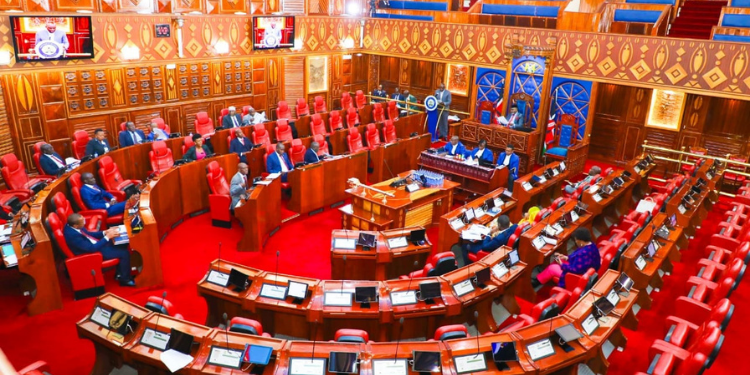

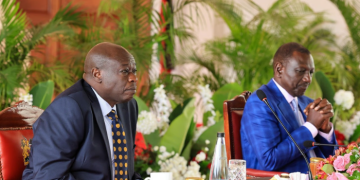














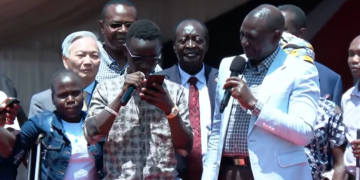



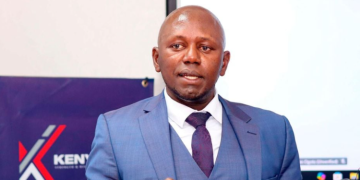

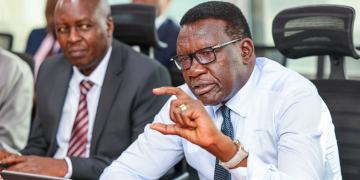





























![Senator Allan Chesang And Chanelle Kittony Wed In A Colourful Ceremony [Photos] Trans Nzoia Senator Allan Chesang With Channelle Kittony/Oscar Sudi]( https://thekenyatimescdn-ese7d3e7ghdnbfa9.z01.azurefd.net/prodimages/uploads/2025/11/Trans-Nzoia-Senator-Allan-Chesang-with-Channelle-KittonyOscar-Sudi-360x180.png)


















